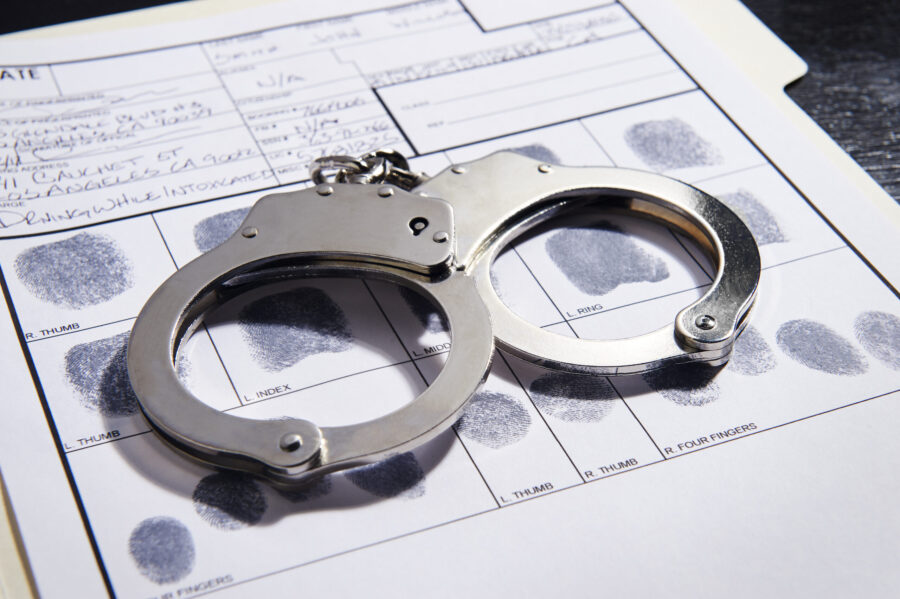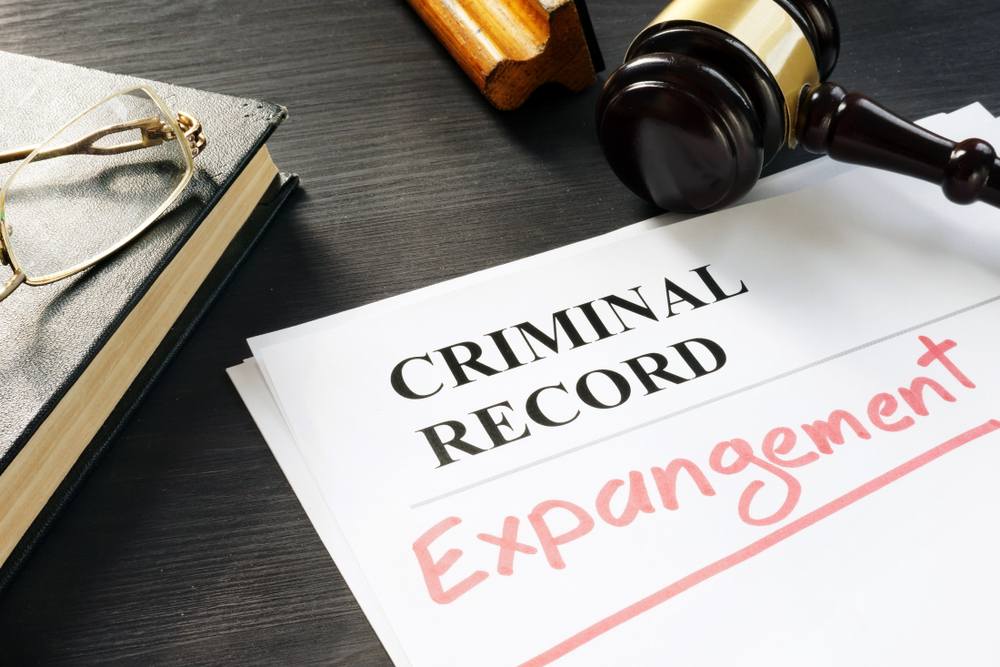Can I Get My Criminal Record Expunged without a Lawyer?

Yes. You are allowed to pursue your case “pro se,” meaning without an attorney. The court might provide the forms you need to file the petition. However, the process of expunging a criminal record can be challenging. You could lose your case if you don’t follow the appropriate steps or complete the paperwork correctly.
Your best option is to hire an experienced defense lawyer to petition for an expungement. They can protect your rights and guide you through the procedure.
Here, you will find helpful information about getting a criminal record expunged in Virginia.
Eligibility for Expungement in Virginia
You can’t petition the court for an expungement if there is a criminal conviction on your record, regardless of whether it’s a misdemeanor or felony. Expunging a criminal record is only allowed under these circumstances:
- The Commonwealth Attorney’s office chooses not to prosecute for all charges
- The defendant pleads not guilty, and the jury or judge acquits them
- The defendant is convicted of the offense but receives an absolute pardon later
- The defendant is charged with assault and battery or another misdemeanor crime allowing the injured person to also file a civil lawsuit, and the injured person provides a written statement of their satisfaction for the injury, and the judge dismisses the case
- Someone used the defendant’s identification or name without authorization or consent
- The defendant is charged with contempt of court in a civil action but found not guilty
How to File for Expungement
Virginia Code 19.2-392.2 requires filing a petition in the city or county circuit court where a judge acquitted the defendant of the charge or dismissed the case. The petition must include a copy of the indictment, warrant, or summons if reasonably available.
If not reasonably available, the petition must include the arresting agency’s name, the date of the arrest, and the reason the required information isn’t available.
The petition must also state the:
- Full name of the petitioner when the arrest occurred
- Petitioner’s date of birth
- Date of the final disposition of the charge
- The criminal charge related to the expungement request
The petition must be served on the Commonwealth Attorney of the county or city of the filed petition. The Commonwealth Attorney can file an answer or objection or a written notice of not objecting to the petition within 21 days of the date of service.
Filing a petition for expungement also requires that law enforcement be provided with a copy of the petition and a complete set of fingerprints must be requested. Law enforcement should submit fingerprints and a copy of the petition to the Central Criminal Records Exchange (CCRE). The CCRE will forward the petitioner’s criminal history, the set of fingerprints, and a copy of the documents resulting in the CCRE entry to the court.
What Happens to My Criminal Records If I’m Convicted of a Crime as a Minor?
If you are convicted of a criminal offense when you are under 18, the court will automatically expunge your records when you turn 19 if it has been five years since the date of your last hearing.
However, if you were found guilty of an offense requiring the clerk to provide an abstract to the Department of Motor Vehicles, expungement won’t occur until you turn 29.
You don’t qualify for expungement if you are found guilty of a crime that would be considered a felony if an adult committed it.
Get Help Expunging Your Criminal Record with a Trusted Lawyer
Expunging a criminal record can be complicated. Although you might think you can handle the process alone, hiring an experienced Richmond criminal defense lawyer from Bain Sheldon is your best option.
We can review your case, advise you of your options, and guide you through every step. Call us at 804-282-8625 or contact us online for a free consultation today.






